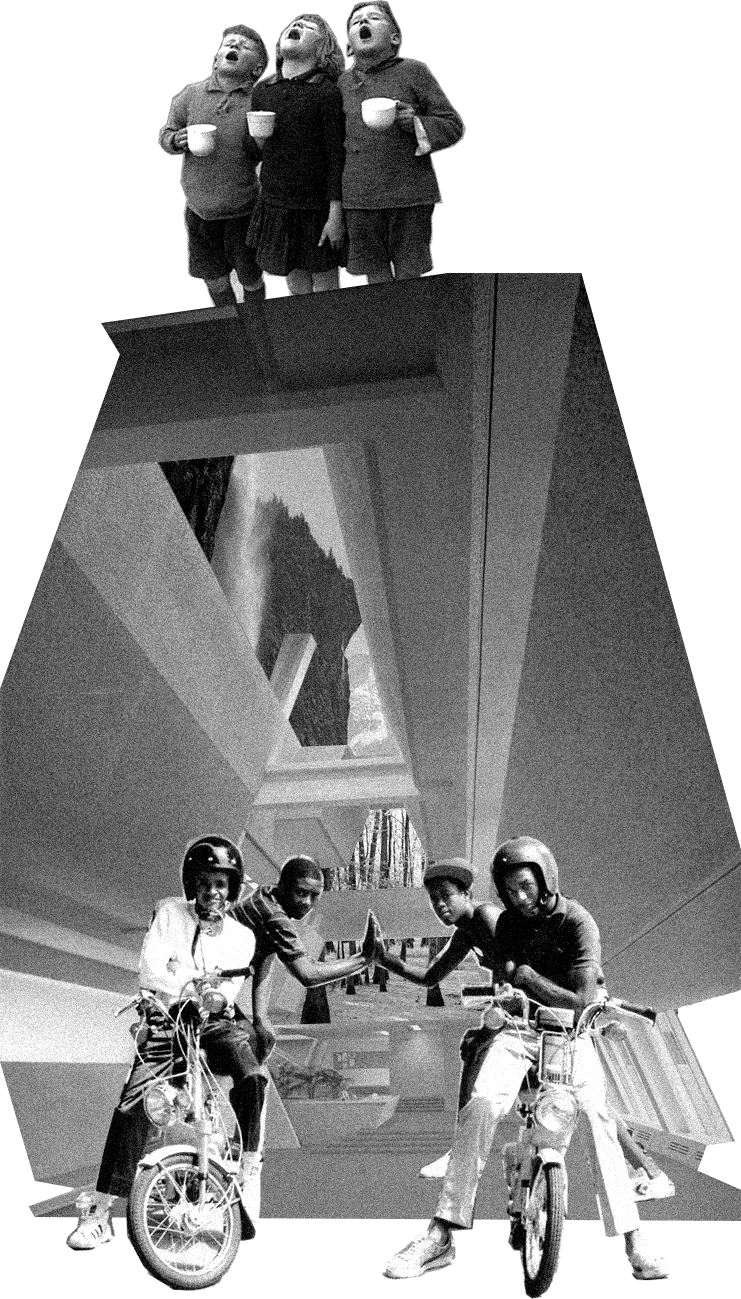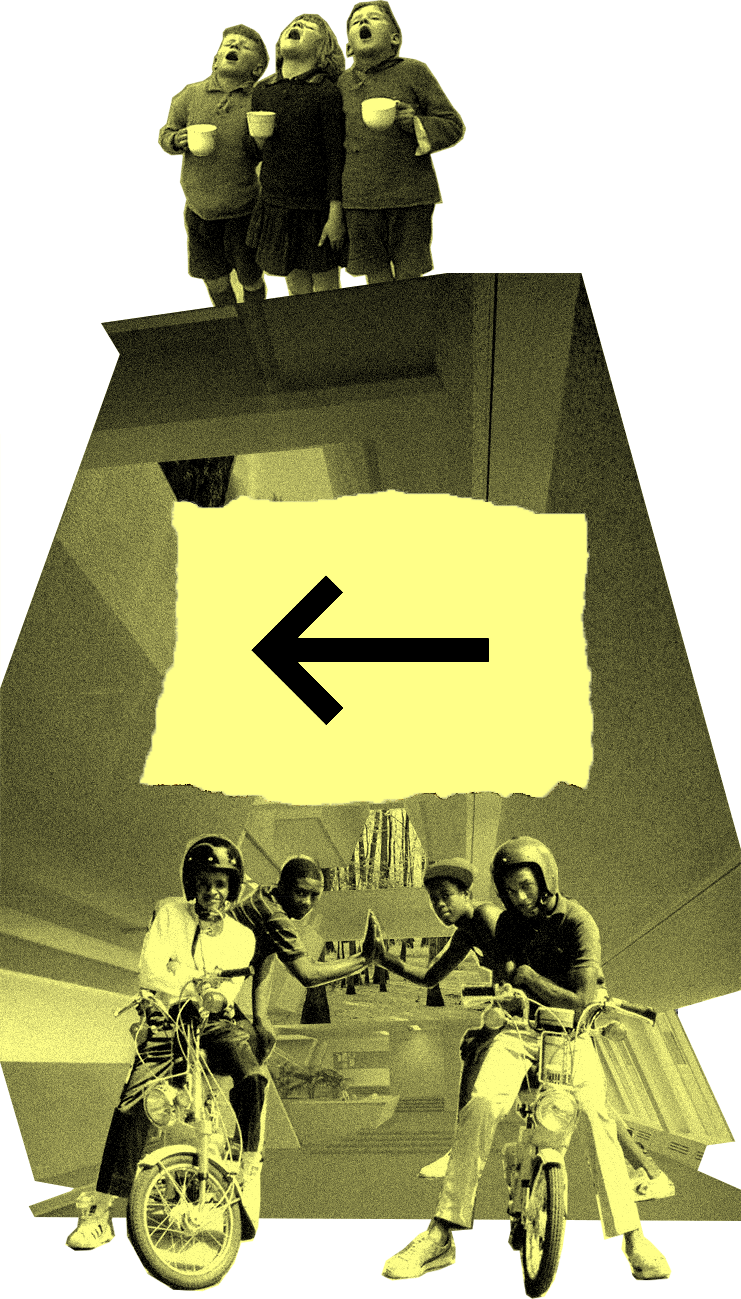Create a commons council
vote to organize!
Democracies rarely function the way they are supposed to. The needs of the people are not met; politicians come from elite, ruling class backgrounds which alienate them from the people; and powerful, wealthy interests lobby for political favors.
A legislature by lotLegislature by lot is a way for large groups of everyday people to collaboratively govern their community, by replacing or working alongside politicians, in which everyday people are selected at random and everyone contributes equally to make decisions for the community, better reflects our fundamental democratic values, particularly the belief in real liberation. Everyday, working class people can arrive at smarter and more caring decisions for the common good when we come together in situations of collaborative discussion, discourse, learning, and deliberation. If your community has a political need that is not being met, find others who live in your area and hold a meeting to talk about how you might leverage your direct democratic power in an alternative, people-powered political system, often referred to as a commons council.
Determine with your group how best to challenge your local politicians and the corporate lobbying interests which influence them. When individuals organize their own commons councils without actual legal permission or approval by the government, the goal is to demonstrate to the world your government’s inability to reflect the will of the people. With your organizing group, have a conversation about your goals and how you will publicize the votes of the commons council as a check on your government’s policies and decisions.
Together, vote on how many people should serve at any one time and for how long. Often, this is a proportion of the total population of the community. In small communities and neighborhoods, it can be as large as 50% of the population so that there is better representation and less time between the terms people serve. In this scenario, it’s important that each person’s term is staggered so that the council is made up of different individuals at all times. In large cities this proportion can be as small as 1%, and it is best to start with a grouping of individual neighborhoods at first so that the council can build more organically.
Find ways to ensure that the demographics of the council will always represent the demographics of the community in as many ways as possible. In addition to sex, race, gender, age, and locality, consider often overlooked characteristics like income level and disability, immigration, and felony status, plus any others of your group's choosing. Allow adults to serve as soon as they turn 18, or decide collectively to open the council to the youth vote, which will more often than not ensure more progressive decisions.
Gather a neighborhood community meeting to garner interest, to test some of your group's ideas, and to gauge enthusiasm for the process. Survey the group to determine the amount of internet access the community has. Work together using a consensus-building framework to refine your own tactics and strategies with the council.
From a technical standpoint, determine the actual process by which council members will be appointed each term, facilitate discourse, and organize the voting process. In smaller, neighborhood-based implementations of legislature by lot, it might be enough to have people to “draw straws.” Larger applications may require more technical solutions in order to assign roles and terms equally. Figure out if anyone with technological capabilities in your group is able to contribute solutions. Create a committee of facilitators who are drawn from the council for non-critical administrative roles and who serve the same term durations as other members of the community.
Facilitators should help organize free and accessible education for council members to aid them in voting on any issue that might arise. The council should identify ahead of time experts who are willing to donate time to advise them on civics, history, government, public health, environmental sciences, economics, or any other subjects if council members desire or need any future clarification.
Learn how to identify your local government's docket ahead of time, so that the commons council can also vote on any upcoming issues at the same time. Print guidebooks and create a website for commons council participants with resources and knowledge sharing.
As the council becomes established, determine at what point to formally confront the disparity between the results of the council and those of the government. Hold a special election to vote on the peoples' confidence in those who currently hold office. Use the election results to determine whether to draft a constitution which announces an intention to replace the administration with the commons council, and notify the media. Corrupt governments are more fragile than you might think, and it is possible to overthrow them. If your community is able to reach this stage, expand the role of the council to encourage autonomous direct democracy social rule using broader councils or assemblies, so that the local government may be replaced with something better.
Next: Take back the Internet




